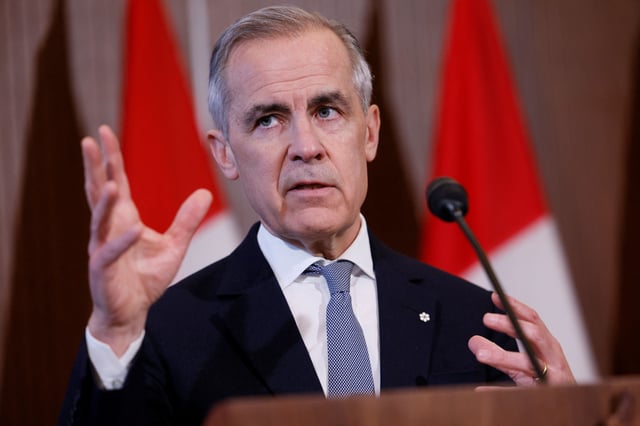Overview
- President Donald Trump announced a 25% tariff on imported automobiles and parts, effective April 3, aiming to boost U.S. manufacturing and reduce reliance on foreign supply chains.
- Canadian Prime Minister Mark Carney declared the end of the traditional U.S.-Canada economic relationship, signaling a shift in Canada’s trade strategy and potential retaliatory measures.
- Experts warn the tariffs could increase the cost of imported vehicles by $5,000 to $15,000 and domestically produced vehicles by up to $8,000, exacerbating inflation concerns.
- Global automakers, including those in Japan, South Korea, and Canada, face significant stock declines, with fears of prolonged trade tensions and supply chain disruptions.
- The White House projects $100 billion in annual revenue from the tariffs, while critics argue the policy risks long-term economic strain and heightened diplomatic fallout.


